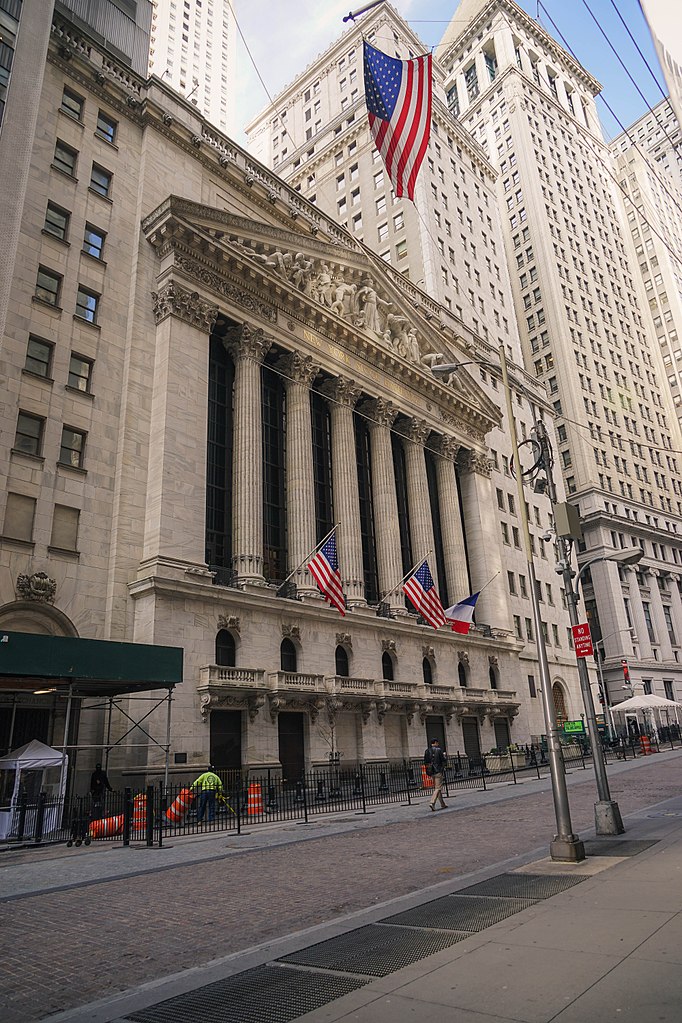NEW YORK (AP) — Stocks are off to a tentative start Tuesday as traders turn cautious following a runup the day before. The S&P 500 rose 0.1% in early trading. The index is headed for its biggest quarterly gain since 1998, but only after having plunged in the first quarter as governments ordered widespread shutdowns to contain the coronavirus. Now, after massive support for the economy from the Federal Reserve and Congress help launch stocks higher this spring, traders are worried about Texas and other states having to roll back their reopening plans as infections surge. Fed Chair Jerome Powell says the outlook is “extraordinarily uncertain.”
THIS IS A BREAKING NEWS UPDATE. AP’s earlier story is below:
World stock markets were steady on Tuesday as investors weighed evidence of an economic recovery against a rise in reported coronavirus contagions in some countries.
Markets were buoyed somewhat by stronger than expected manufacturing data from China, the world’s second largest economy. But other new economic indicators were mixed.
France’s CAC 40 rose 0.3% to 4,960, while Germany’s DAX gained 0.7% to 12,318 after new data showed an uptick in eurozone inflation. The annual rate edged up to 0.3% in June from 0.1% the month before, largely due to higher energy prices, with the cost of many goods still weighed down by a lack of demand.
Britain’s FTSE 100 lost 0.4% to 6,204. U.S. shares were set for a steady open, with Dow and S&P 500 futures roughly unchanged.
A survey of China factory managers released Tuesday was better than expected, suggesting the global economy may be on the upswing after bottoming out at the height of shutdowns in April-May, analysts said.
The monthly purchasing managers’ index released by the national statistics agency and an industry group rose to 50.9 from May’s 50.6 on a 100-point scale on which numbers above 50 show activity expanding.
China, where the coronavirus pandemic began in December, was the first economy to reopen. Factory and other activity is reviving but global demand is weak and Chinese consumers, worried about losing jobs, are reluctant to spend.
Forecasters say global demand for Chinese goods is uncertain as infections rise in the United States, Brazil and some other countries.
Increases in production and new orders point to a rebound in foreign demand, though export demand remains much weaker than overall new orders, said Martin Rasmussen, an economist at Capital Economics.
Further clouding the outlook, Japan reported a plunge in factory output in May, and Spain released statistics showing that its economy contracted 5.2% during the first three months of the year from the previous quarter.
The mixed signals have investors swinging between optimism and gloom.
“These will be important questions to answer as equity markets hang in a delicate balance at present,” Jingyi Pan, market strategist at IG, said in a commentary.
Japan’s benchmark Nikkei 225 gained 1.3% to finish at 22,288.14. South Korea’s Kospi gained 0.7% to 2,108.33, while Australia’s S&P/ASX 200 rose 1.4% to 5,897.90. Hong Kong’s Hang Seng gained 0.5% to 24,427.19. The Shanghai Composite closed at 2,984.67, up 0.8%.
Countries across the world are in various stages of the pandemic. Some will not resume normal economic activity for some time because of continuing restrictions and changing consumer behavior, analysts say.
The worry is that worsening outbreaks in the U.S. and elsewhere could choke off budding improvements in economies as governments ease up on pandemic restrictions.
Benchmark U.S. crude oil fell 55 cents to $39.15 in electronic trading on the New York Mercantile Exchange. It rose $1.21 to $39.70 a barrel on Monday. Brent crude oil for August delivery slipped 52 cents to $41.33 a barrel.
The dollar rose to 107.76 Japanese yen from 107.57 yen. The euro cost $1.1193, down from $1.1238.

